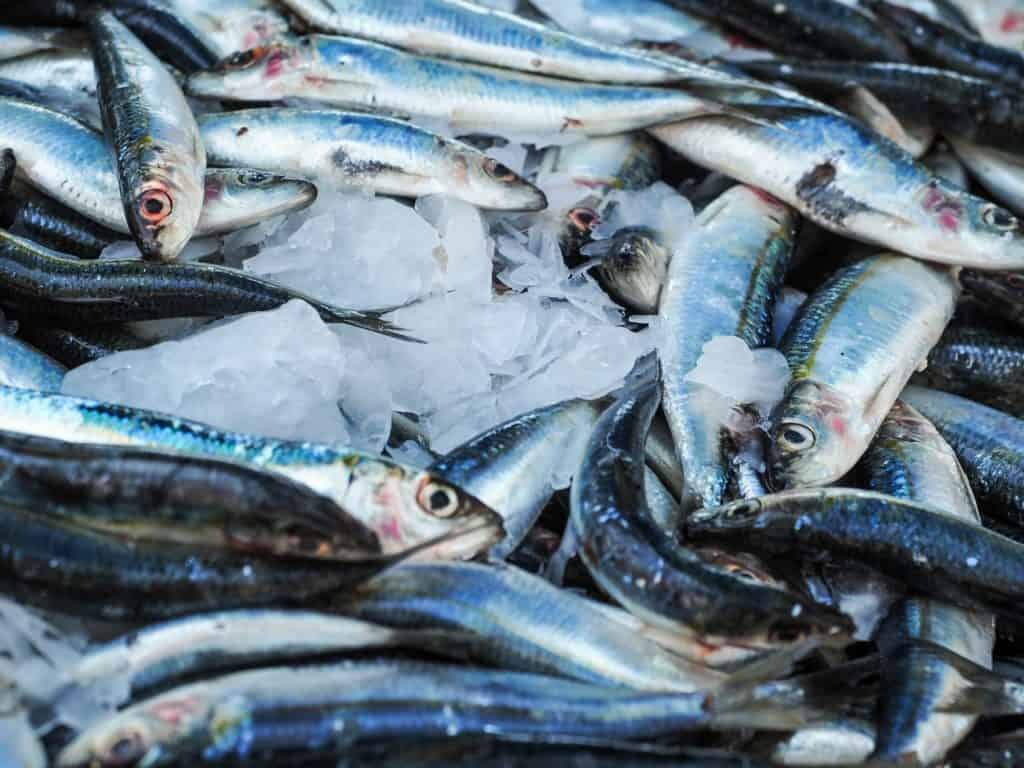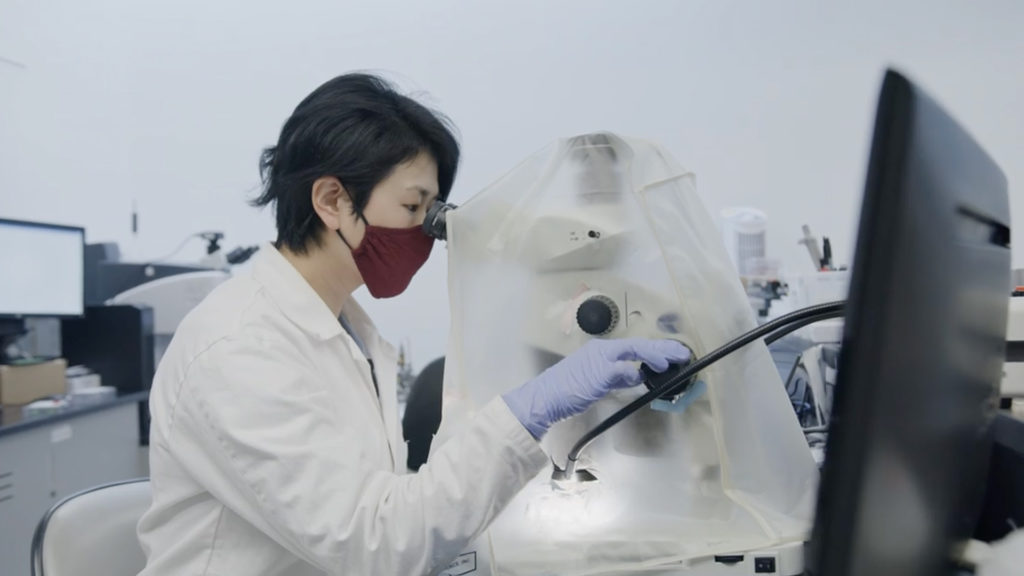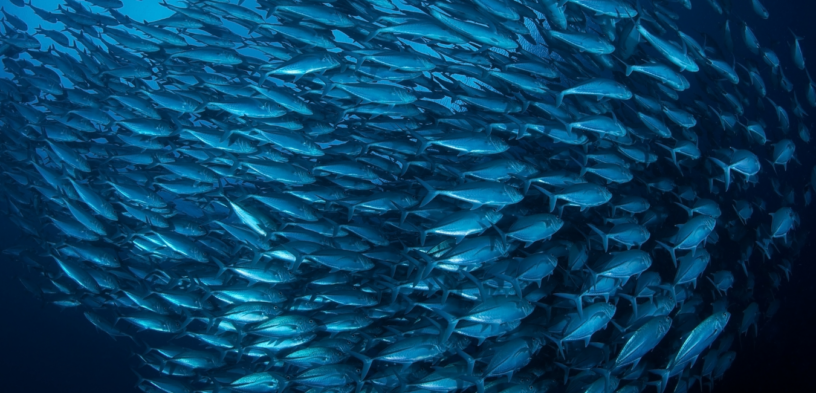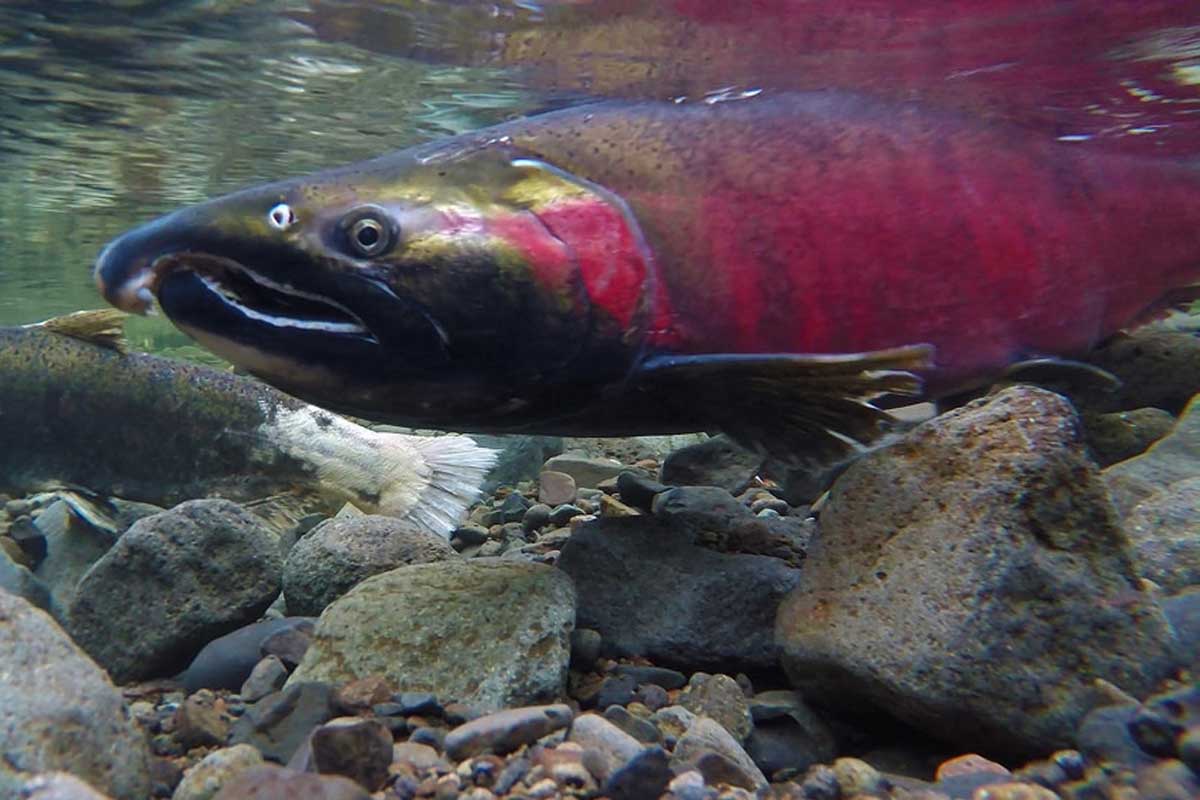
Accessibility of the Sustainable Seafood Space: Key Findings from Our ORCA Conference Workshop
The Oceans Research in Canada Alliance (ORCA) is a coalition of Canada’s top innovators and researchers with the aim of tackling the challenges of the United Nations Decade of Ocean Science for Sustainable Development (2021-2030) in Canada. A meeting was held this year in St. John’s Newfoundland to discuss progress and foster collaboration for ocean conservation.
Some of the specific goals laid out for the UN Ocean Decade include; a Healthy and Resilient Ocean, a Productive Ocean and an Accessible Ocean. Regarding these objectives, the contribution of small-scale fisheries cannot be understated. It is essential to include small-scale fisheries in the conversation as their livelihoods are directly linked to the health of Canada’s ocean. However, small-scale fisheries are often overlooked when discussing sustainable seafood spaces.
At this year’s meeting, Ocean Wise’s Fisheries and Seafood team members, Samantha Renshaw and Scott McIlveen, led a workshop addressing barriers for small-scale fishery access to sustainable seafood spaces and worked with participants to identify potential solutions to these obstacles.
During the workshop, four major barriers were identified:
Capacity Limitations
Specifically at the interface of fisheries, environmental NGOs, and governmental bodies. There is a need for an equitable and accessible approach to engagement with a focus on reaching remote communities and communities with limited funding.
The Current Sustainable Seafood Landscape
Alignment with a sustainable seafood program can help small-scale fisheries establish their value and compete with their larger industrial counterparts. But the number of certification options with varying definitions for sustainability pose a critical barrier in the current sustainable seafood landscape.
Supply Chain Challenges
There is currently a disconnect between consumers and their local small-scale fisheries. Both a lack of consumer knowledge regarding the origin of their purchased seafood and the absence of local fish markets are key issues preventing this connection.
Data Barriers
Broadly there isn’t enough access to the data necessary for validating many seafood sustainability claims. Additionally, there is often a disconnect between Western scientific data collection methods and the methods used by fishers who often rely on traditional knowledge systems.
Take Aways
Increasing accessibility in the sustainable seafood space for small-scale fisheries means addressing a wide variety of barriers and limitations. Fortunately, many of the priorities listed above are already being addressed by capable individuals and organizations. Increasing collaboration between organizations and researchers will be critical to making progress on these issues and avoiding a duplication of effort where resources are already scarce.
The barrier Ocean Wise is uniquely positioned to address is the disconnect between consumers and small-scale fisheries. Our Sustainable Seafood Program currently combats overfishing by connecting consumers and businesses with ocean-friendly seafood options. By working with small-scale fisheries, we can help build the market for sustainable seafood caught in Canada by small-scale fisheries.
For a more in-depth overview of our workshop and key takeaways, please view our full report.
Posted July 13, 2023 by Kim Bricker






